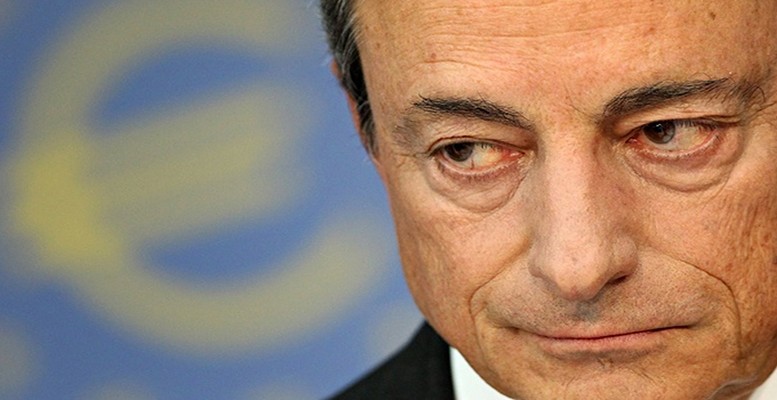The European economy is making a smooth recovery. France and Italy have performed better than expected, while Germany continues to grow steadily. At the same time, inflation continues its upwards trend. That said, no real danger of increased salary pressure seems likely to emerge in the foreseeable future. The euro has also made a remarkable comeback recovering much ground previously lost against the dollar. No wonder real interest rates are plummeting and providing an additional boost to the one inoculated by the loose monetary stance.
Time has come to reassess the ECB’s strategy. The Central Bank can no longer overlook the economy’s marked improvement. Nor can it ignore the fact that the money market price is at lower levels than warranted by the current environment. It should act swiftly.
As the Federal Reserve has shown, dismantling the massive balance sheet accumulated during the crisis can prove a very intricate exercise. No one expects the ECB to embark on such a path until the current asset buying programme is over. Instead, it should take a closer look at its rate policy. Maintaining the deposit rate in negative territory forces down the inter-bank lending prices unduly, interfering in market conditions. The sooner it removes this extraordinary step, aimed at revamping one-time faltering credit demand, the better.
Some argue that the ECB should follow the same pattern as its US counterpart, suppressing the asset buying programme before embarking on rate hikes. In other words, the priority should be to overturn the non-conventional measures before engaging in traditional monetary management. But such a view seems utterly simplistic. Negative rates are an anomalous phenomenon, especially when inflation and currency provide additional stimulus. They also hurt the banks, preventing them from increasing profits and enhancing their solvency. In contrast to the delicate task of reducing the excessive balance sheet, while inflicting as little damage as possible on the debt market, doing away with negative rates can be accomplished with no potential side effects.
The European Central Bank ought not to remain stranded in no-man’s-land any longer, betting that the current doldrums allow it ample room for its wait-and-see strategy.





